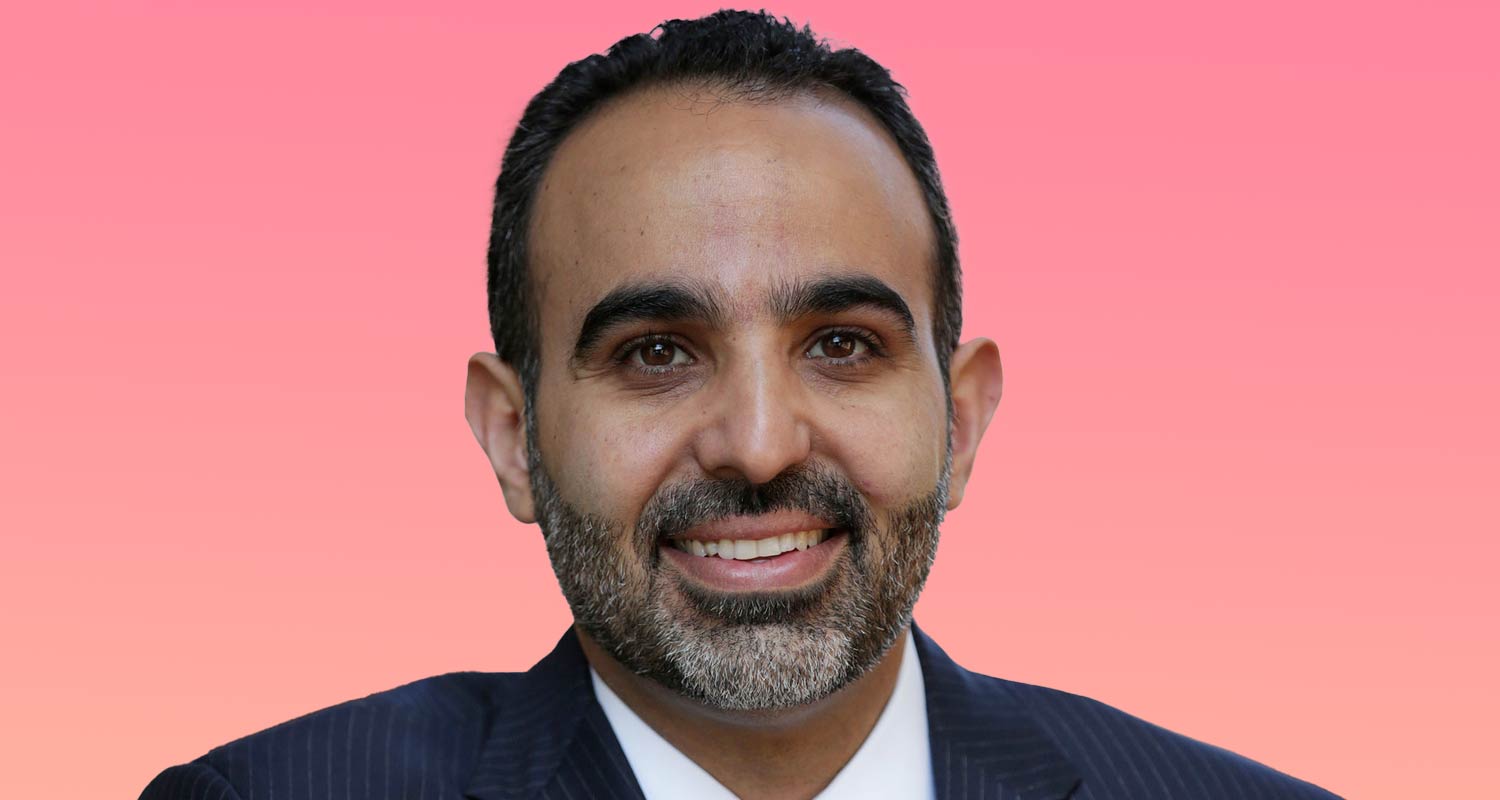 Have cryptocurrencies become a way for wealthy South Africans to move money offshore and get around South Africa’s strict exchange control regulations?
Have cryptocurrencies become a way for wealthy South Africans to move money offshore and get around South Africa’s strict exchange control regulations?
Uncertainty over the country’s socioeconomic and political outlook has concerned South Africans wondering if keeping all their eggs in the teetering Mzansi basket is a wise decision.
Divesting offshore, however, can be difficult for wealthier individuals. The Reserve Bank enforces exchange controls, which assist government in managing the outflow of capital. Exchange controls were first introduced under the apartheid regime, but have been maintained by the ANC over the past 30 years, despite regular calls for them to be scrapped.
“Our exchange control regulations have their origins in the Currency and Exchanges Act of 1933 and the current exchange control regulations are from 1961,” explained Farzam Ehsani, co-founder and CEO of VALR, a crypto exchange. “These regulations were made at a time when the personal computer did not exist, let alone the internet.”
The Reserve Bank allows South African individuals to move up to R11-million/year offshore via a “single discretionary allowance” of up to R1-million/year and a “capital” or “foreign investment allowance” of up to R10-million/year.
Avoiding forex controls
The discretionary allowance is broad in scope and covers a wide range of uses, including gifting, donations, travel, the purchase of shares and other assets, and much more. Only once the R1-million single discretionary allowance limit has been reached can the foreign investment allowance be used.
Use of the single discretionary allowance does not require a tax clearance certificate, but taking advantage of the larger foreign investment allowance does. Being narrower in scope, however, means the foreign investment allowance is limited to the financing of offshore investment portfolios, property and other assets.
Some view cryptocurrencies as a vehicle by which foreign exchange regulations can be bypassed, allowing individuals to move larger amounts of capital abroad while also avoiding tax.
Read: Banks will soon offer crypto products in South Africa: Luno
To clamp down on this practice, South African authorities responded with what Altify (formerly Revix) CEO Sean Sanders has described as “the strictest approach that they possibly could have”.
“The rules currently state that if you buy cryptocurrency, it is deemed to be a transfer of capital offshore. You could go to somebody sitting in a room next to you here in South Africa and buy a bitcoin from them for, say, R850 000. You could send them that amount via one of the local banks and it would still be deemed an international remittance. So, you would technically still have had to ask the Reserve Bank for approval,” said Sanders.

Regulating the crypto asset space is a challenge that juristic bodies all over the world are grappling with, and getting it right is a balancing act. One one hand, strong regulations help weed out bad actors and protect consumers, but then innovation and growth can stagnate.
Less stringent regulations, on the other hand, foster growth and innovation but make it easier for swindlers and other criminals to creep into the space. South African legislation, said Sanders, is mature in how the taxation of crypto assets is handled even though the rules around international remittances are “outdated”.
“Since the crypto industry is relatively new, the Reserve Bank is in the process of developing its own set of rules that could allow its clients to transfer assets abroad. Until the regulation is fully established, it is illegal for crypto users to transfer funds abroad,” according to a post on the South African Revenue Service’s website.
However, according to Sanders, international remittances are not the major driver of transaction volumes on South Africa’s leading cryptocurrency exchanges. “I don’t think the remittance market in South Africa is that significant; what is driving the local crypto market is the foreign exchange arbitrage market,” he said.
Due to foreign exchange regulations, cryptocurrencies such as bitcoin and ethereum often trade at a premium of 2-4% in South Africa when compared to international markets. Arbitrage trading platforms help customers take advantage of this discrepancy so they can turn a profit.
“You can engage with one of these arbitrage service providers. You would send money out of South Africa using the banking system – so all above board. The funds then land in an international exchange, get converted into a cryptocurrency like bitcoin and are then moved back to South Africa where you make about 2% on it,” said Sanders.
‘Precisely zero’
VALR’s Ehsani agrees that the crypto arbitrage market does not contribute to the flight of capital into foreign jurisdictions since the transactions on South African exchanges like VALR are between domiciled entities.
“However you define a crypto asset, it is critical to remember that at VALR, every purchase of a crypto asset by one of our customers is fulfilled by a sale of that very same crypto asset by another customer, and thus, by definition, the sum total of any externalisation of value, regardless of how you classify crypto, is precisely zero,” said Ehsani.
Many who purchase crypto assets are simply aiming to maximise their returns.

Bitcoin, for example, rallied by 170% in 2023, with the Financial Sector Conduct Authority reporting transaction values surpassing R8-billion in November. Since these assets are priced in dollars, South African investors see purchasing and holding virtual assets as an effective way of hedging against rand depreciation. – © 2024 NewsCentral Media

